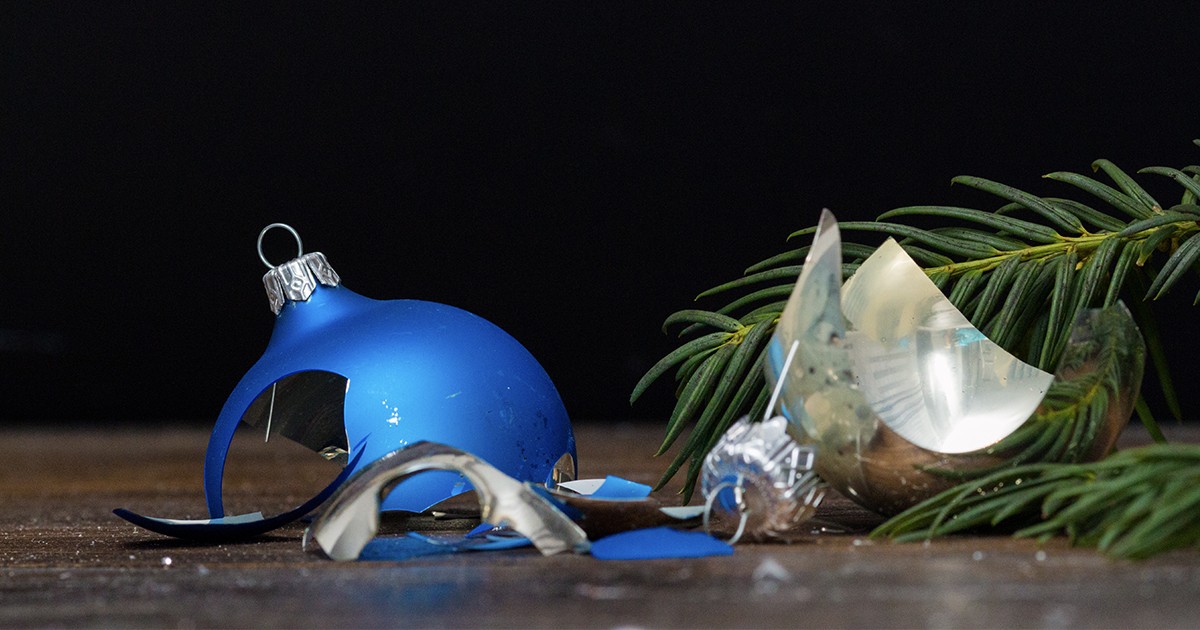
By Rosanne Trost
My husband and I were married only eleven years when he was diagnosed with cancer.
We were parents of two daughters who were just five and seven years old. I left my nursing career when our first daughter was born.
All these years later—he has now been gone for more years than he lived—much of that chaotic, heartbreaking time is a blur. Yet some memories are crystal clear.
The origin of my husband’s cancer was a mystery, an unknown primary, discovered by a liver biopsy. The cancer had already spread.
I vividly remember the afternoon we were given the grim news.
My husband asked the doctor, “Do you have good news for us?”
The doctor’s quiet response, “I wish I did.”
I experienced an indescribable feeling of fear and horror. On the drive home from the hospital, I sobbed, but attempted to pull myself together before picking up our daughters from school.
It was only much later that I wondered how my husband felt at the time of diagnosis. What were his thoughts? Fear? Rage? Despair?
Thus began our four-month journey. Was it only four months, or did time stand still?
Our days consisted of medical visits, tests, chemotherapy infusions, radiation. Daily pills. A multitude of them.
My always-thin husband began wasting away, losing his hair, had no appetite.
He was in constant pain, fearful of taking too much medication.
I prayed for a miracle, but at the same time, my dear friend shopped with me for a black dress.
The dress was stashed in the back of my closet. I didn’t want to see it.
Once, when my mother-in-law was visiting, we discussed the bad day my husband experienced with nausea and vomiting and I began wiping tears from my eyes. My daughter asked, “Mommy are you crying?”
Her grandmother’s reply was “Mommy has soap in her eye.”
My astute seven-year-old knew better.
As the weeks wore on, I got used to seeing his hair falling out on the pillow. Got used to the heavy weight of my breaking heart. At the time, I was too burdened (numb?) to wonder if he was coming to terms with death. Was he scared, or too sick to care?
Shortly before Christmas, three months since diagnosis, I took my daughters to dinner. It was a cold, rainy evening.
“Daddy is sick. He may not get better.” A difficult evening for all of us, but no tears were shed. They even asked if they could order dessert! On some level, I believe they had a sense of what was happening.
Somehow, with the help of friends, we decorated our Christmas tree. Our home looked deceptively festive.
My husband lost his balance one morning and fell into the tree, knocked it over and broke ornaments. Perhaps an analogy for our broken lives.
A few days after Christmas, he was admitted to the hospital. I wonder if he knew he was leaving our home for the last time.
The weekend before he died, I brought our daughters to the hospital. They climbed on his bed to hug their daddy. He winced with pain. I looked away.
A few days later, on a bitter cold, dreary January day, his too-brief life ended.
He was thirty-seven years old.
How lonely the grief journey was, even with loving friends near my side.
There were so many decisions to make, and I felt ill-equipped to make them. No one by my side to bounce ideas off each other.
I missed my husband.
Slowly, very slowly, I began to heal. As new memories were created, my grief began to make room for them.
I enrolled in graduate school, and eventually became an oncology nurse. My personal history with cancer provided me with a sincere compassion for not only patients, but also their families. I was familiar with abject loss.
Today, I look back at the strength I developed. My sense of humor returned, thankfully. Our family of three began to laugh again.
Today, my daughters have children of their own. They are strong, caring women. Their dad would be so proud of them.
I remarried when they were in college. My husband is a gentle man with quiet strength, who has also walked through grief. We can talk easily about our painful experiences, and know we each risk experiencing loss again.
We are willing to take that risk.